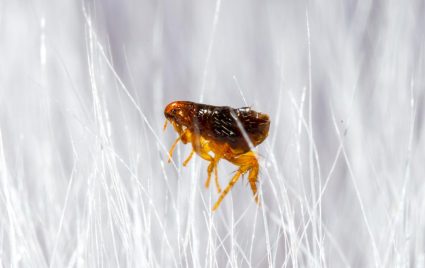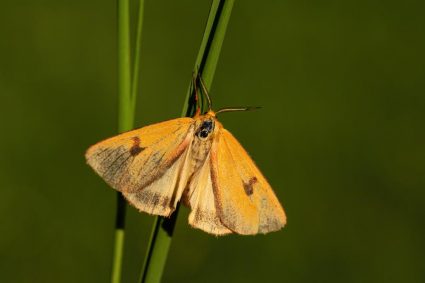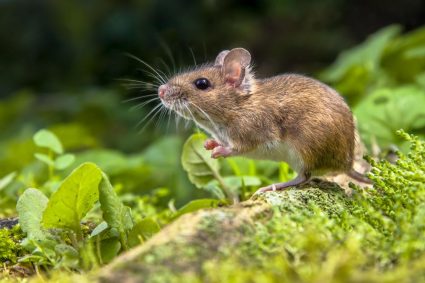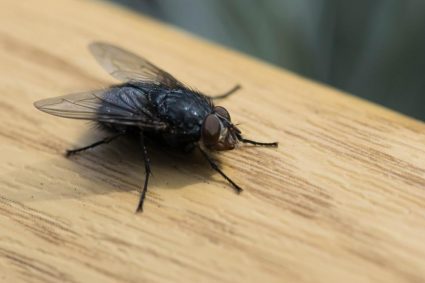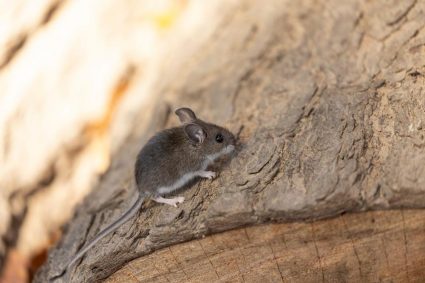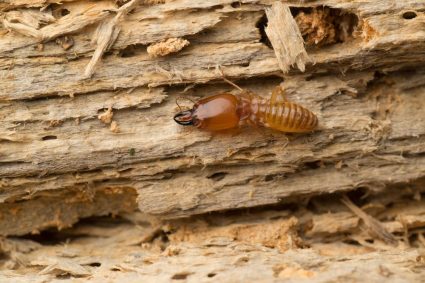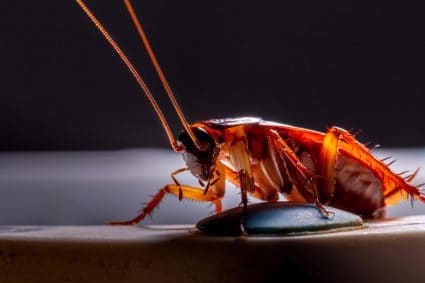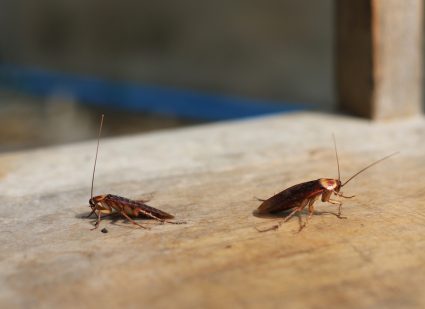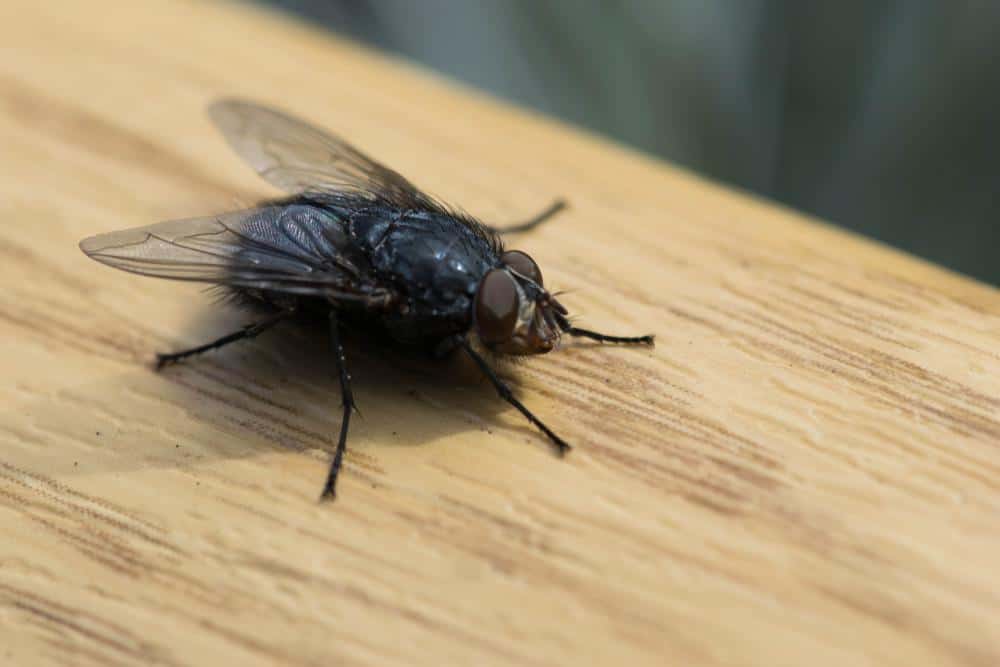
Introduction
Fruit flies, the tiny nuisances that seem to invade our kitchens during the warmer months, are attracted to ripened fruits and vegetables. But, is there anything they hate? The answer is, yes! There are certain scents and substances that fruit flies find repulsive. In this comprehensive guide, we’ll explore what these are and how you can use them to prevent a fruit fly infestation in your home.
Fruit flies are repelled by certain scents including basil, peppermint, eucalyptus, lemongrass, lavender, and clove. Using these scents in your home, whether in essential oil form, planted in your garden, or hung around your house, can help deter fruit flies. Maintaining a clean environment and eliminating potential breeding sites are also essential in keeping your home fruit fly-free.
Understanding Fruit Flies
Before we delve into what fruit flies hate, it’s crucial to understand their characteristics. Fruit flies have a sophisticated olfactory sensory system that allows them to recognize and discriminate hundreds of discrete odorants. This perception helps them identify relevant food sources and suitable sites for egg-laying. They are particularly attracted to foods containing yeast and the smell of fermentation.
Scents that Repel Fruit Flies
Fruit flies are repelled by several scents, including:
- Basil: You can place basil in muslin sacks or tea bags and hang them around your house to deter these pests.
- Peppermint: You can use peppermint in its essential oil form and spray it around areas where fruit flies tend to gather.
- Eucalyptus: You can use eucalyptus in essential oil form or hang eucalyptus in your shower or diffuse it throughout your home.
- Lemongrass: The scent of lemongrass will send a clear message to flies that they should stay out of your home. You can use lemongrass in its essential oil form or plant it in your garden.
- Lavender: Known for its relaxing properties, lavender is an herb with a pleasant, calming scent that flies hate. You can plant it in your garden, hang dried bunches of lavender around the house, or diffuse lavender essential oil.
- Clove: This spice’s scent is also disliked by fruit flies. You can use clove in its essential oil form and spray it around areas where fruit flies tend to gather.
Using Traps to Control Fruit Flies
Fruit flies are attracted to the smell of apple cider vinegar, white vinegar, wine, or beer. These substances can be used to create traps that lure in the fruit flies, which then can’t escape. Place these traps in areas where you notice fruit fly activity.
Maintaining a Clean Environment
One of the best ways to prevent a fruit fly infestation is by maintaining a clean environment. Fruit flies thrive in environments where there is a moist film of fermenting material. Therefore, regularly clean countertops, dispose of overripe or rotting produce, and refrigerate all fruits and vegetables to minimize the chances of fruit fly infestations.
Commercial Products for Fruit Fly Control
Several commercial products can help repel and eliminate fruit flies. Products like Outbreak Defender and Fruit Fly Bar Pro by Drain-Net Technologies are designed to kill live fruit flies. Fruit Fly & Drain Fly Killer by Natural Armor is a commercial drain gel treatment that eliminates fruit fly infestations from any drain.
Potential Risks
While there are potential risks associated with using certain substances for fruit fly control, the risks are generally low when these substances are used properly. Always follow label instructions and take necessary precautions when using commercial products.
Conclusion
In summary, while fruit flies are a common nuisance in many homes, they are not invincible. They have their dislikes, and with a little bit of knowledge and the right approach, you can use these dislikes to your advantage and keep your home fruit fly-free. Remember, maintaining a clean environment and eliminating potential breeding sites for fruit flies are essential steps in preventing an infestation.
Frequently Asked Questions
Can fruit flies become resistant to these scents?
Generally, fruit flies do not develop resistance to these scents. However, if you notice that a particular scent is no longer effective, it may be because the fruit flies have become accustomed to it, not because they have developed resistance. In such cases, try using a different scent.
Can I use these scents to repel other types of flies?
Yes, many of these scents can also repel other types of flies. However, their effectiveness may vary depending on the species of the fly.
How often should I replace the basil, peppermint, eucalyptus, lemongrass, lavender, and clove?
It depends on the form you are using. If you are using essential oils, you should reapply them once every few days or when the scent starts to fade. If you are using plants or dried herbs, replace them when they start to lose their scent, typically every few weeks.
Can I use a combination of these scents?
Yes, you can use a combination of these scents. In fact, using a combination can be more effective as it can help ensure that you are repelling as many fruit flies as possible.
Are there any side effects of using these scents in my home?
Generally, these scents are safe to use in your home. However, some people may be allergic to certain scents or essential oils. Always test a small amount first to ensure you do not have an adverse reaction.

